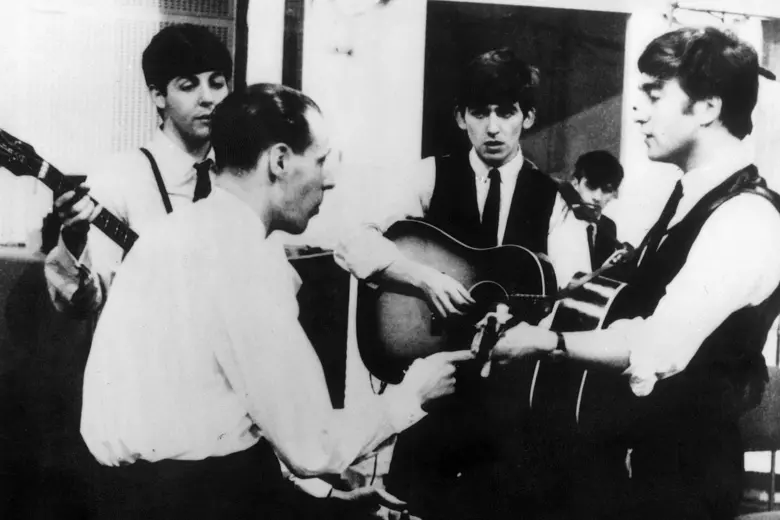
As a songwriter, guitar teacher and performing artist, I often find it extremely difficult to just pick up my guitar and play (whether it’s to just have a fun jam, or because I have to.) I am very happy and grateful to be able to make a living through my guitar, via teaching students and the occasional well-paying gig, but sometimes I think that my dependence on my guitar might be a reason for me not being motivated to just have a jam by myself at home for fun every now and then, and also for being reluctant to practice for work-related things.
I’m so used to associating my guitar with obligation – when I pick up my guitar, it’s almost always because I have to prepare for a show, studio session, guitar lesson, etc. Otherwise, when I’m at lessons, in studio or on stage, it’s like the ‘office’ for me, which is also associated with ‘work’. Although I love what I do, eating, breathing and sleeping guitar, or even just music as a whole, can make you feel like playing your guitar in your free time is the last thing that you want to do.
Whenever I go through a phase like this, I always try a bunch of different things to get myself back on track and back in a state of mind where I can’t wait to pick up my guitar and play every chance I get. If any of you out there have been where I’ve described, then you know how difficult it is to get out of this rut.
Here are some ways to keep you motivated when you feel this way:
Trace Back to your Roots
Sometimes it’s important to remind yourself why you started playing guitar in the first place or how you came to fall in love with this beautiful instrument. Trace back to what you love about guitar – whether it is to impress girls, be the centre of attention at a bonfire party, make kinky music with your wah-wah pedal, or something more hippy-hearted like enjoying the feeling of having an emotional impact on someone through the music you write/play. Not everyone enjoys guitar for the same reasons and you’ve got to find your ‘root’ and re-inspire yourself with what you like about playing guitar. Sometimes your reasons change as you become a more experienced guitar player. In this case, make sure to use the new inspiration, and not the original reason why you started playing, as it might demotivate you.
Take a Break
Sorry to burst your bubble, but, at the end of the day, your mom was right – too much of a good thing can be a bad thing. Sometimes you just play guitar so much that you get sick of it or your hand just refuses to do the same repetitive thing on a particular day. Breaks are extremely important, even when practicing. It gives your mind time to ‘suss out’ the mental blocks preventing you from nailing the riff that you’ve been working on, and prevents blisters and things like Repetitive Strain Injury (this is a serious problem for many guitar players and can really cause your skills to regress if you’re not careful.
You can find out more and check that you don’t show any symptoms of RSI here: click here). Next time you’re on holiday or leave, don’t touch your guitar for the entire time. Make sure you get a nice long break from your beloved piece of plank. When you pick up your guitar again for the first time and start playing, you’ll be reminded of all the reasons why you love playing and it’ll feel like a fresh new pair of hands playing your guitar.
If this strategy doesn’t work then try the opposite:
Play for Hours on End
Playing things that you ‘have to’ play can be a soul destroyer. Take a couple of weeks and just play as much as you can – what you want, when you want, how you want. Spending time with your guitar can make you discover new tricks, formulas and ways of thinking about music, and make you fall in love all over again. Sometimes I like to find a song that’s slightly above my skill level, learn it, and not stop until I can play it with my eyes closed. This gets me motivated, reminds of how effective practice can be, and makes me feel like a downright bad-ass for nailing a difficult song.
Set Goals
The good old fashioned way of achieving success. Putting your goals in perspective can help motivate you to practice. If you want to work on alternate picking and get it up to a certain level, setting realistic attainable short term and long term goals for yourself can make you realise the progress you’re making and have a better idea of where you’re going if you carry on working.
Not every one of the above-mentioned methods works every time, but it’s important to keep trying to get back on the productive horse. For some people, neither of these methods will work and in that case, I would encourage you to try coming up with your own method. I hope that this will serve as a guideline to point you in the right direction and help you find new ways to keep yourself motivated in low times.






Comments (0)